In an effort to rejuvenate peace talks surrounding the ongoing conflict in eastern Congo, Southern and Eastern African countries have expanded their team of former heads of state overseeing the mediation process.
The move follows a series of failed negotiations, with the latest setback occurring on Monday when M23 rebels reneged on a pledge to withdraw from the strategically important town of Walikale. The rebels accused Congo's army of continuing offensive operations in the area despite commitments to halt them.
The conflict, which has its roots in the aftermath of the 1994 Rwandan genocide and competition over mineral resources, has intensified since M23 launched a renewed offensive in January. The group has seized control of two of eastern Congo's largest cities, resulting in thousands of deaths and raising concerns about the potential for a wider regional war.
During a virtual summit on Monday, key political blocs in Southern and Eastern Africa appointed five former heads of state to help facilitate peace efforts. The appointed leaders include Nigeria’s Olusegun Obasanjo, South Africa’s Kgalema Motlanthe, Ethiopia’s Sahle-Work Zewde, Kenya’s Uhuru Kenyatta, and Central African Republic’s Catherine Samba Panza. The new panel is expected to appoint a mediator to replace Angolan President Joao Lourenco, who withdrew from the role earlier this week after years of unsuccessful attempts to ease tensions between Congo and Rwanda.
The situation has also raised tensions regionally. Rwanda, which has faced sanctions from Western countries for allegedly supporting M23 with arms and troops, has reiterated that it is acting in self-defense against Congo's army and militias hostile to Kigali. Meanwhile, Congo’s President Felix Tshisekedi and Rwanda’s President Paul Kagame held their first direct talks last week in Qatar, where both leaders expressed support for an immediate ceasefire. However, M23 dismissed the ceasefire calls, stating that the conflict could only be resolved through negotiations between the rebels and the government in Kinshasa.
The conflict, involving the armies of Congo, Rwanda, and Burundi, has already threatened to expand beyond Congo's borders. Burundi's President Evariste Ndayishimiye, whose troops have supported Congo’s army against M23, warned that Rwanda could be planning to attack Burundi. His comments, made in a recent interview with the BBC, expressed concerns about the rising toll on civilians. However, Rwanda’s government has responded, stating that the two countries have been in talks to secure their shared borders.
The growing complexity of the situation underscores the urgent need for a political solution that addresses the security concerns of all parties involved. The expanded mediation team hopes to offer a new approach to what has become a protracted and deadly conflict, but the road to peace remains fraught with challenges.
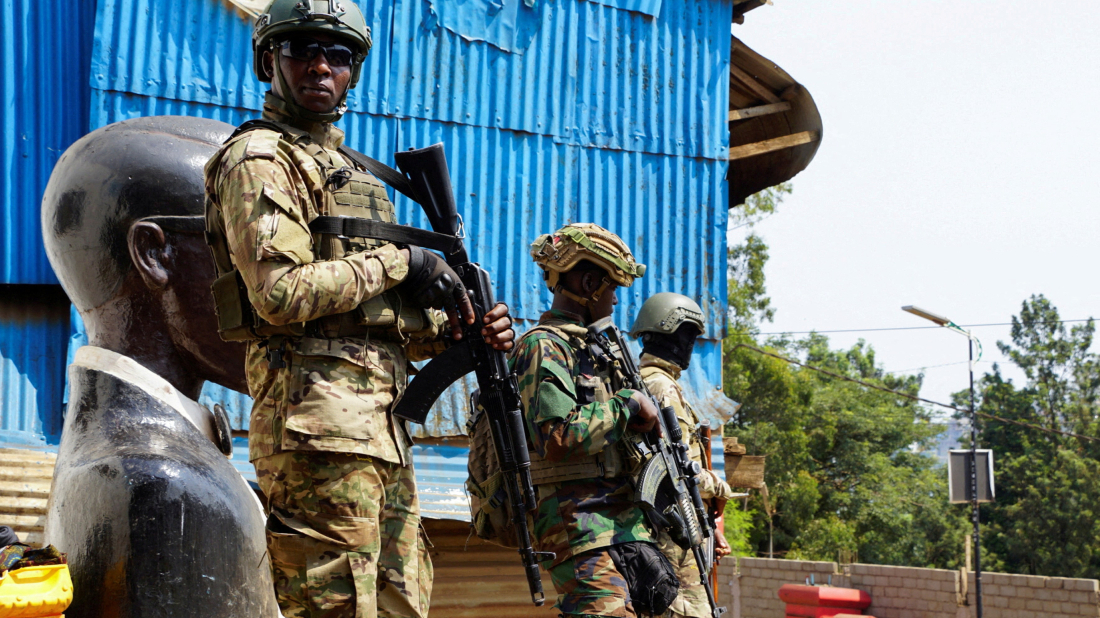
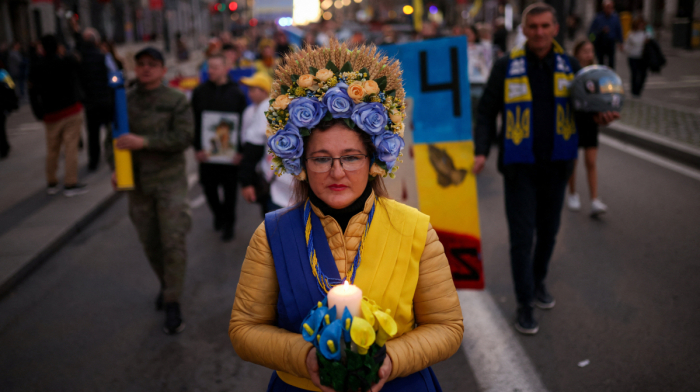
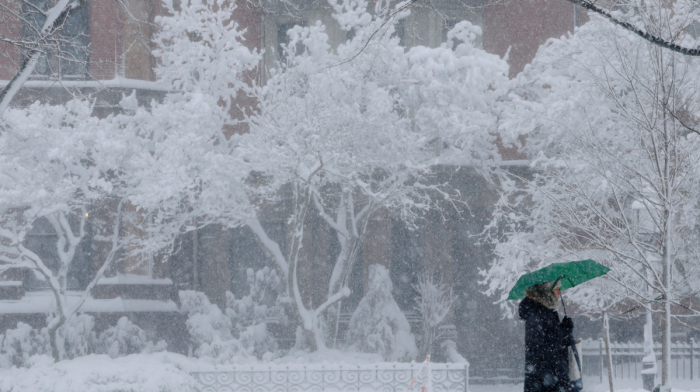
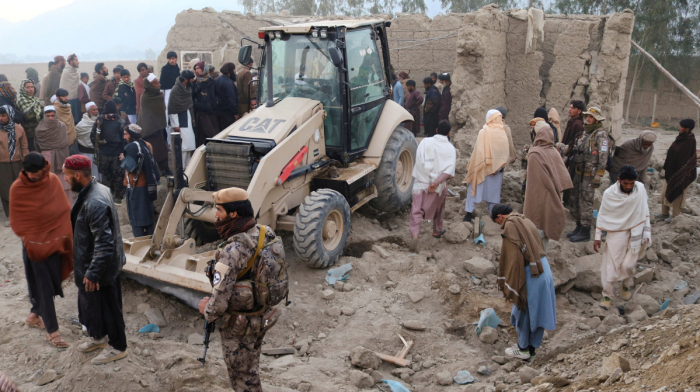
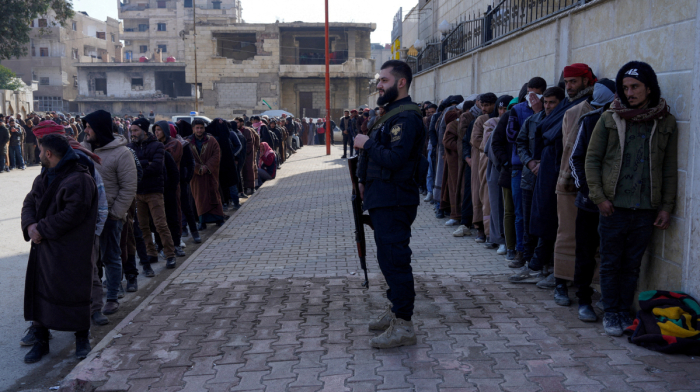
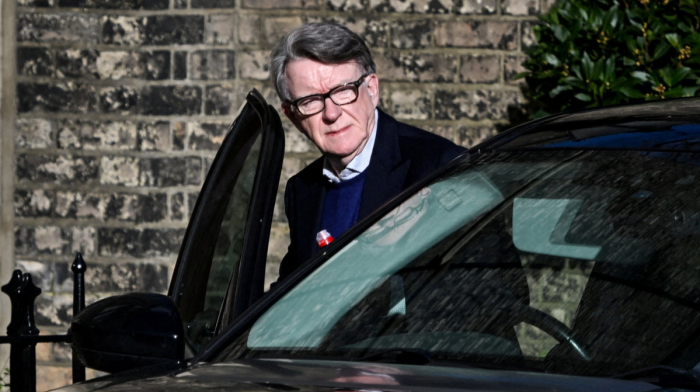

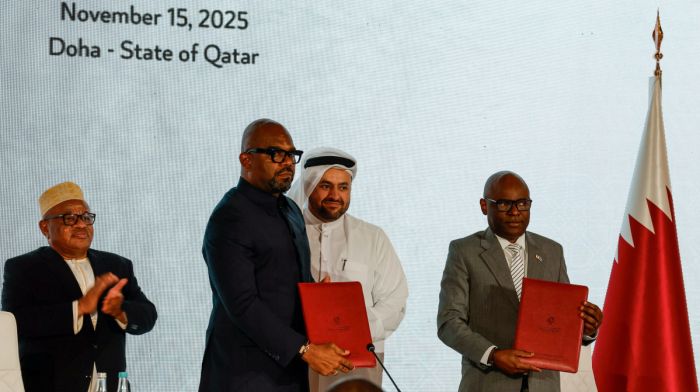
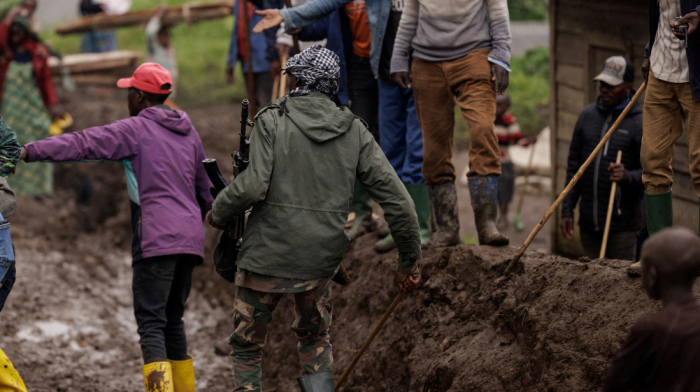
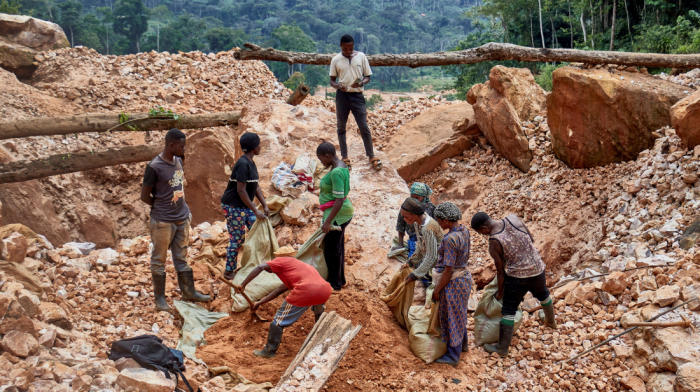
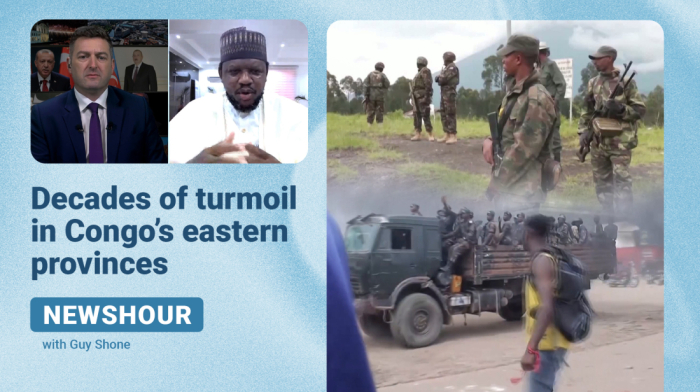
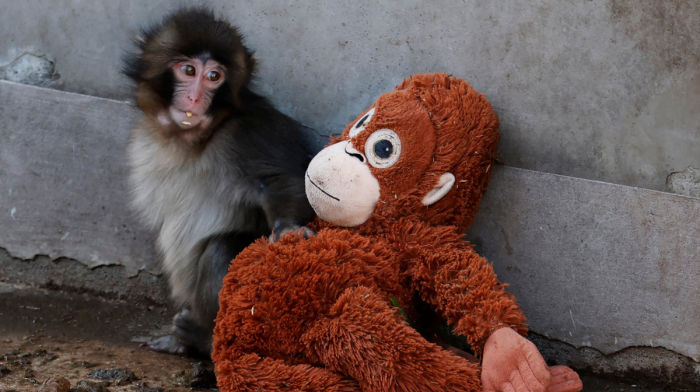
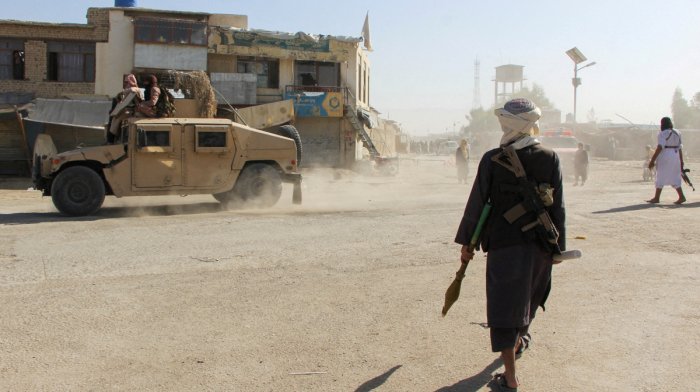
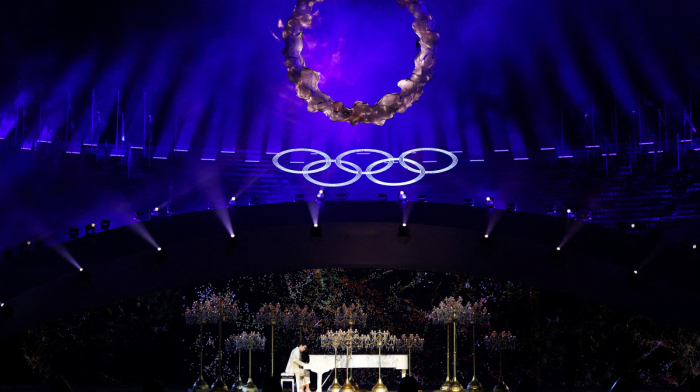
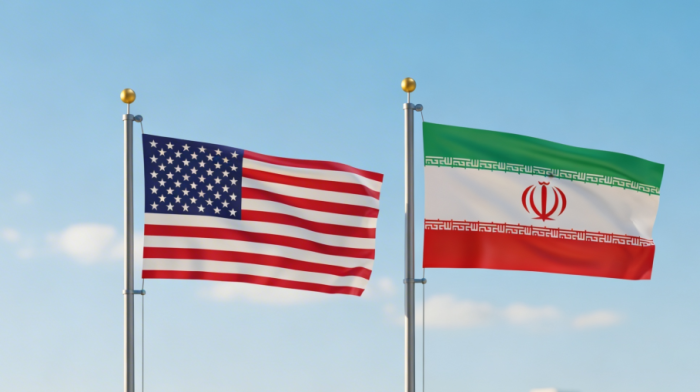
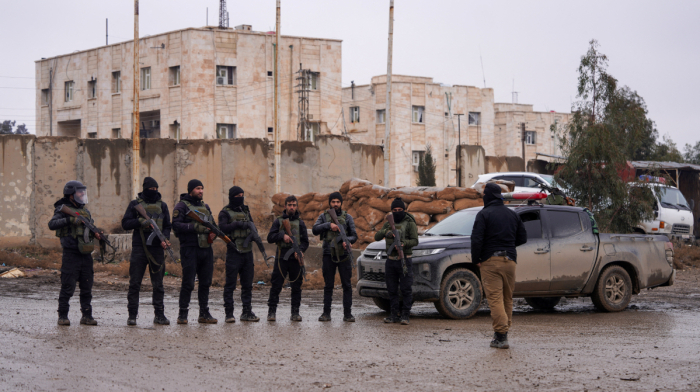
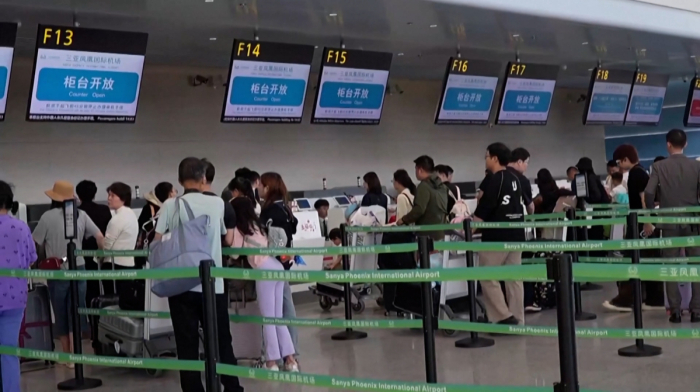



What is your opinion on this topic?
Leave the first comment